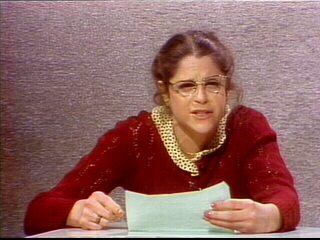What Do RedHat And YouTube Have In Common?


The RedHat Exchange announced yesterday will sell support contracts for applications tested to work under RedHat Linux 5. RedHat becomes the re-seller and takes a re-seller's cut.
YouTube wants to do the same thing with video. It has proven it can expand the distribution of video files, not only from its own site but from thousands of sites around the Web. It has been negotiating with content owners on a financial split.
One difference, of course, is that until now YouTube has not been getting most of its content from the owners. The quality is often poor, second-hand. That is not the case with RedHat, which will only sell projects whose quality it can certify, and who enter into eyes-open contracts with it.
The other difference is that the companies RedHat is working with want wider distribution, and aren't arrogant enough to believe that users can't live without what they produce. That's the stance Viacom has taken, but its lawsuit is, in fact, negotiation via other means.
YouTube has proven demand exists, and that it can satisfy that demand cost-effectively. Now it wants a re-sale agreement that it and its customers can live with. Viacom, for now, has broken off negotiations and gone to court. How far down the road it goes is anyone's guess, but in the end YouTube's offer is financially compelling.
Journalists and analysts have a bad habit of treating business lawsuits and business negotiations as two separate realms. Often they are not. Often suits are leverage in an ongoing negotiation, one that is very likely to end in agreement, and leave journalists looking like Gilda Radner's old Emily Litella character (above), who after making up controversy out of whole cloth has to say "oh, never mind."